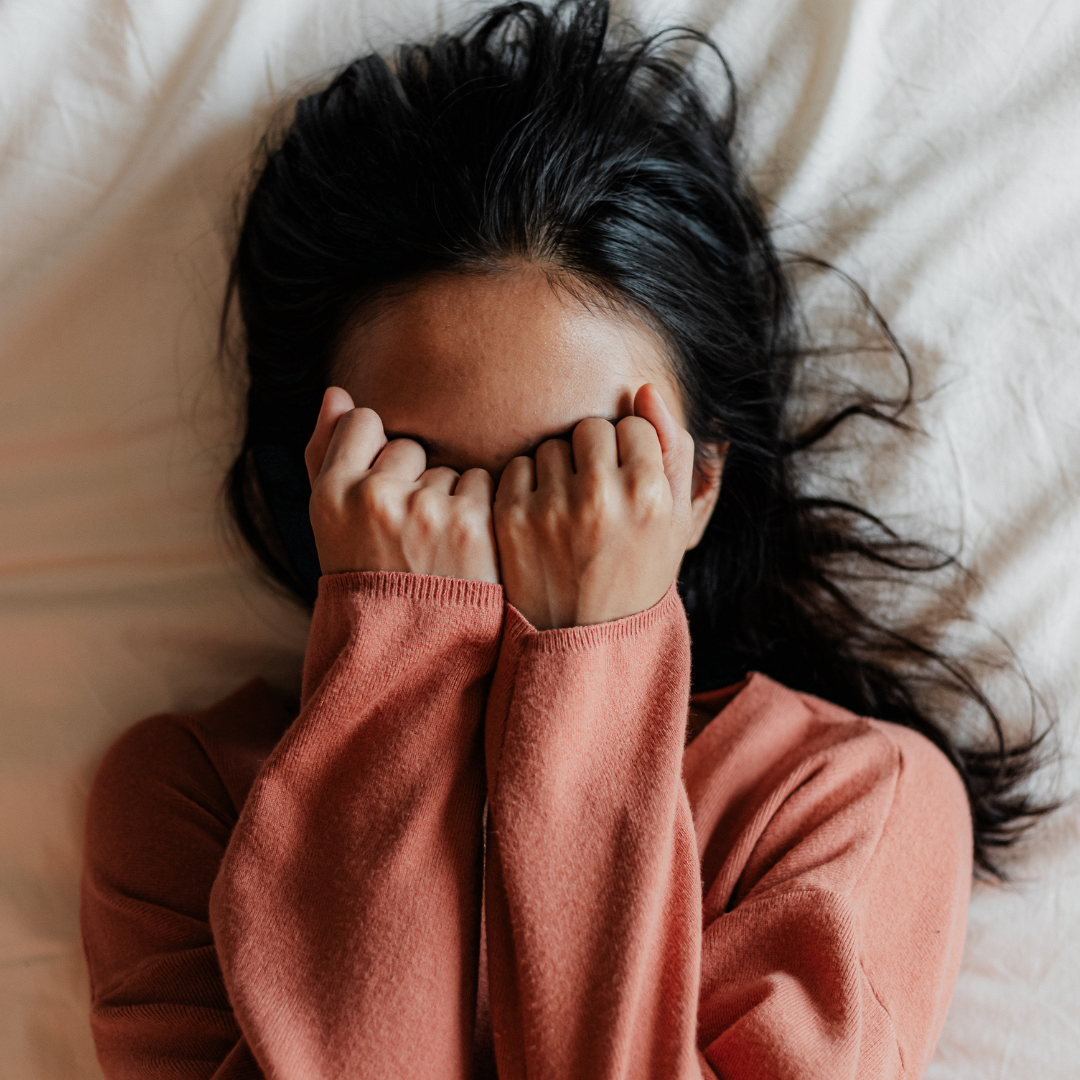The Wild, Noisy World of Snoring: Surprising Facts About Who (and What!) Snores
We all know someone who snores — maybe you even hear them from the other room. But have you ever stopped to wonder why people snore, which animals do it too, or which famous figures were known for their bedtime rumblings?
Welcome to the snore zone — a fascinating (and sometimes hilarious) look at the noisy world of snoring. From the science behind it to snoring royalty and rumbling raccoons, here’s everything you didn’t know you wanted to know about snoring.
😴 What Exactly Is Snoring?
Snoring happens when airflow is partially blocked while you sleep. This causes the tissues in your throat to vibrate, which produces that all-too-familiar sound. While it's often harmless, it can be a sign of a more serious condition like sleep apnea — and it certainly impacts sleep quality (for everyone within earshot).
🎤 Famous Snorers in History
You're not alone — some of the most iconic names in history were known snorers:
- Winston Churchill reportedly snored so loudly that staff refused to be assigned to rooms near his.
- Napoleon Bonaparte, despite his power naps, was known to keep his army awake with his nighttime rumbles.
- Queen Victoria is said to have snored audibly, though Victorian etiquette kept it hush-hush (pun intended).
- And rumor has it, even Albert Einstein was a snorer — which didn’t stop his brain from changing the world.
So, if you snore, you’re in genius company.

🐘 Which Animals Snore?
You’re not imagining it — animals snore too! In fact, some snore louder than humans.
- Gorillas and chimpanzees snore just like us, especially when lying on their backs.
- Dogs (especially pugs, bulldogs, and other brachycephalic breeds) are champion snorers thanks to their short nasal passages.
- Horses snore during deep sleep — it’s not unusual to hear a soft rumble coming from a stall.
- Lions? Oh yes. Their snoozes can be surprisingly noisy.
Interestingly, giraffes almost never snore — possibly because they rarely lie down to sleep.
😬 How Common Is Snoring?
- 45% of adults snore occasionally, while 25% are regular snorers.
- Men are more likely to snore than women, though the gap narrows after menopause.
- Weight gain, alcohol consumption, and sleeping position are major contributors.
- Snoring gets louder with age due to muscle tone loss in the throat and tongue.
Here’s a fun fact: The loudest snore ever recorded was measured at 111.6 decibels — louder than a jackhammer! (Yes, it earned a Guinness World Record.)

🛏️ Weird Snoring Facts You Probably Didn’t Know
- Snoring can ruin relationships: One study found that 30–40% of couples sleep in separate rooms due to one partner’s snoring.
- Left-side sleeping may reduce snoring: It helps keep airways open and aids digestion.
- Snoring isn’t always from the nose: It often comes from the back of the throat or even the soft palate vibrating.
And the strangest one?
Snoring may have helped early humans survive. Some anthropologists theorize that loud nighttime breathing may have helped deter predators — like nature’s own alarm system.
🔇 Can't Sleep Because of Someone’s Snoring?
If your sleep is constantly interrupted by your partner's (or roommate’s) snoring, you’re not alone — and it can lead to daytime fatigue, stress, and even resentment.
Luckily, today’s solutions don’t involve sleeping in separate rooms. SoundOff Sleep earbuds use proprietary pink noise technology to mask snoring and other disruptive sounds. Unlike white noise, pink noise is gentler, more natural, and more effective at helping your brain relax and stay asleep. It’s like a personal sound cocoon — so you can sleep through even the loudest nighttime rumblers.
So whether you share a bed with a snorer, sleep near city noise, or just need peace, SoundOff is your sleep-saving sidekick.
Ready to Snore-Proof Your Sleep?
Check out our noise-masking sleep tech and say goodnight to sleepless nights.

































